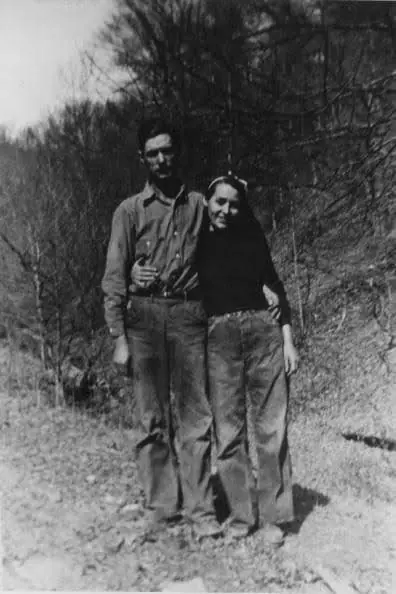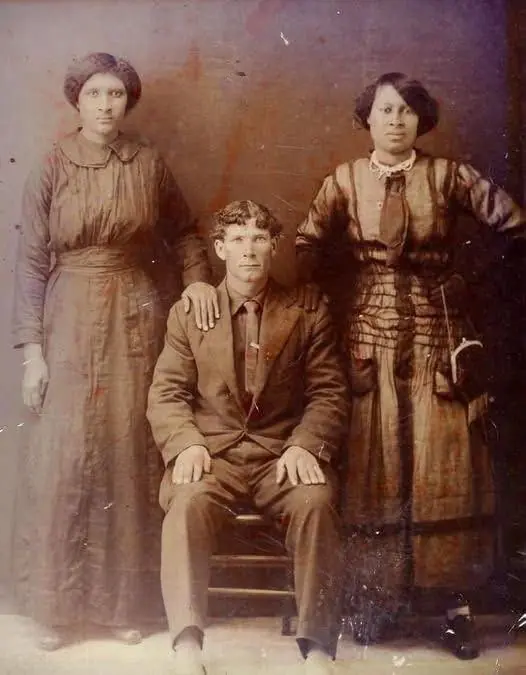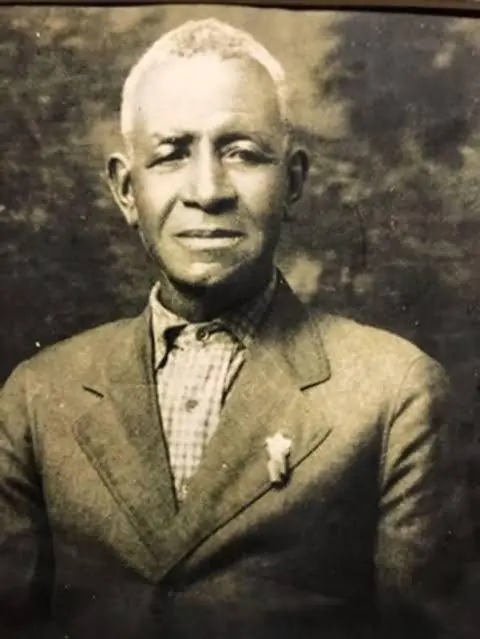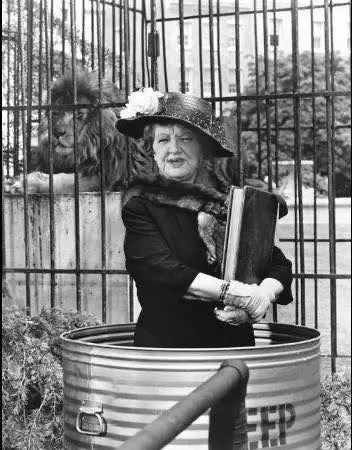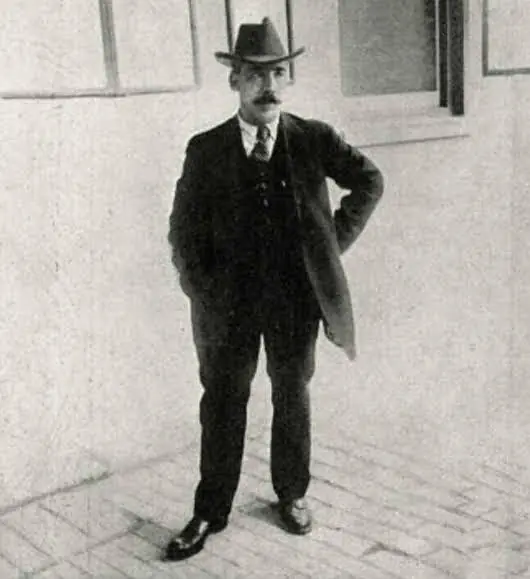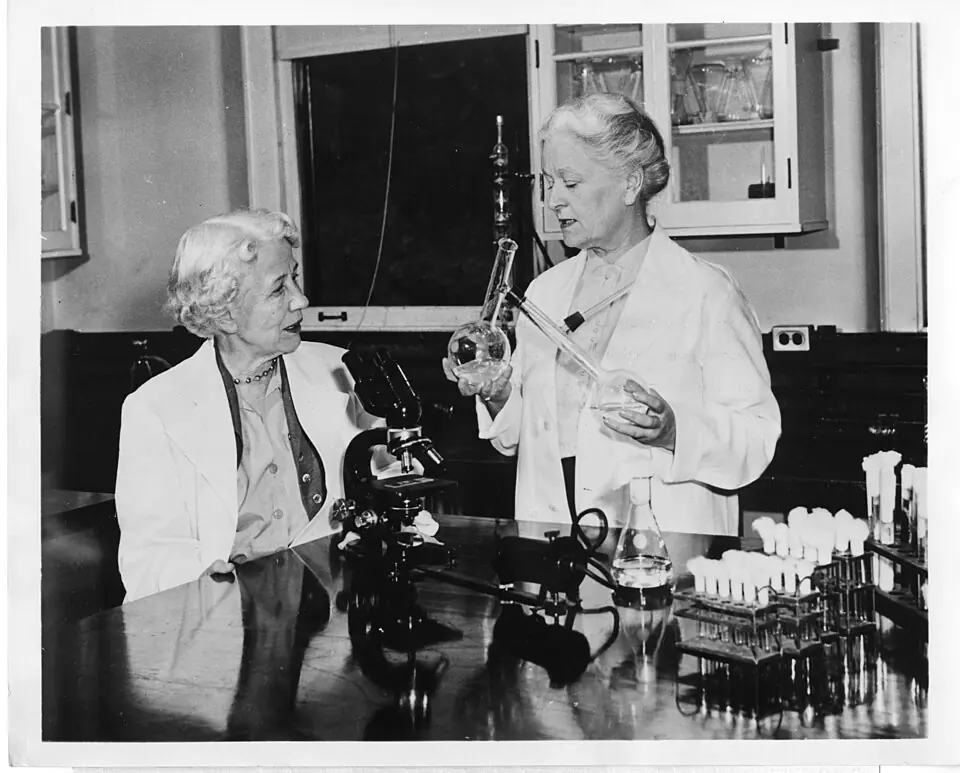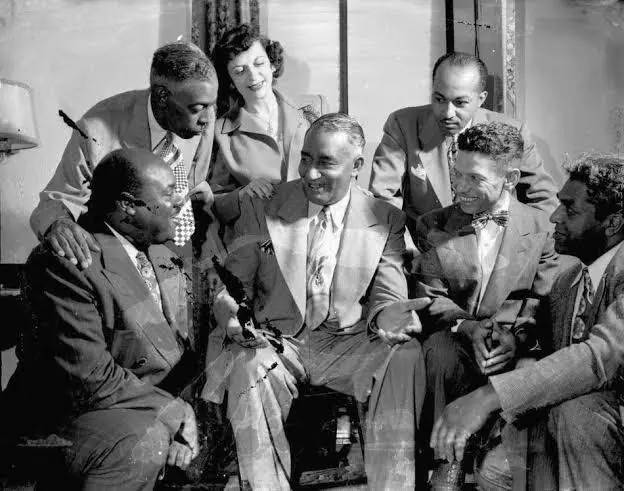
In an era where brilliance was often exclusively measured by academic diplomas and prestigious pedigrees, Frederick McKinley Jones emerged as a testament to the power of relentless grit, insatiable curiosity, and the humble wrench. Born in 1893, his early life was marked by hardship; orphaned at just nine years old, Jones was denied the privilege of formal classroom education. Yet, he carried a far more potent asset: an unyielding cascade of questions. How did machines truly function? How could existing systems be made to move with greater efficiency, speed, or, most crucially, coolness? These driving inquiries propelled him to meticulously dismantle radios, expertly rebuild car engines, and ultimately, from the unassuming confines of a garage, reinvent the very future of food and medicine.
Pioneering Refrigeration: From Garage to Global Impact
The 1930s largely regarded refrigerated transport as a concept confined to the realm of science fiction. Against this backdrop, Jones, a self-taught innovator with no formal engineering training, achieved a groundbreaking feat: he invented the world's first automatic refrigeration unit specifically designed for trucks in 1938. This singular invention cracked open an entirely new era, transforming possibilities across industries. Suddenly, oranges could traverse vast deserts without spoilage, life-saving vaccines could reach remote villages, and fresh milk remained unspoiled until morning. Jones co-founded Thermo King, a company that would become synonymous with climate control. In doing so, he meticulously laid the groundwork for the intricate global cold chain – an invisible, yet undeniably vital system that underpins the operations of nearly every modern grocery store, hospital, and humanitarian effort worldwide.
His innovative timing was, in retrospect, a quiet kind of divine intervention. As the tumultuous years of World War II erupted, Jones's revolutionary technology became not just useful, but absolutely indispensable. His portable refrigeration units played a critical role in maintaining the stability of crucial medicines and preserving the freshness of food on the battlefields. He wasn't engaged in combat with a firearm, but rather with the sheer force of innovation. His inventions didn't merely sustain troops; they actively contributed to saving countless lives.
A Legacy Beyond Titles: The Power of Persistent Innovation
When Frederick McKinley Jones passed away in 1961, he left behind an astounding legacy of over 60 patents, spanning an incredible range of inventions from advanced X-ray machines to automated ticket dispensers. However, perhaps his most enduring and powerful legacy lies in the profound reminder that true innovation isn't exclusively born within the sterile confines of academic laboratories or the polished boardrooms of corporations. Sometimes, the most transformative advancements emerge from the hands and mind of a curious boy who possessed an innate talent for fixing things no one else could – or even dared to try.
In 1991, long after his passing, Jones received posthumous recognition for his immense contributions, becoming the first African American inventor to be awarded the prestigious National Medal of Technology. His life story serves as a powerful testament: one doesn't need a formal title, a prestigious degree, or a specific pedigree to make history. All that is truly required is a tool, a clear vision – and the unwavering courage to keep building, to keep questioning, and to keep innovating for a better world.


